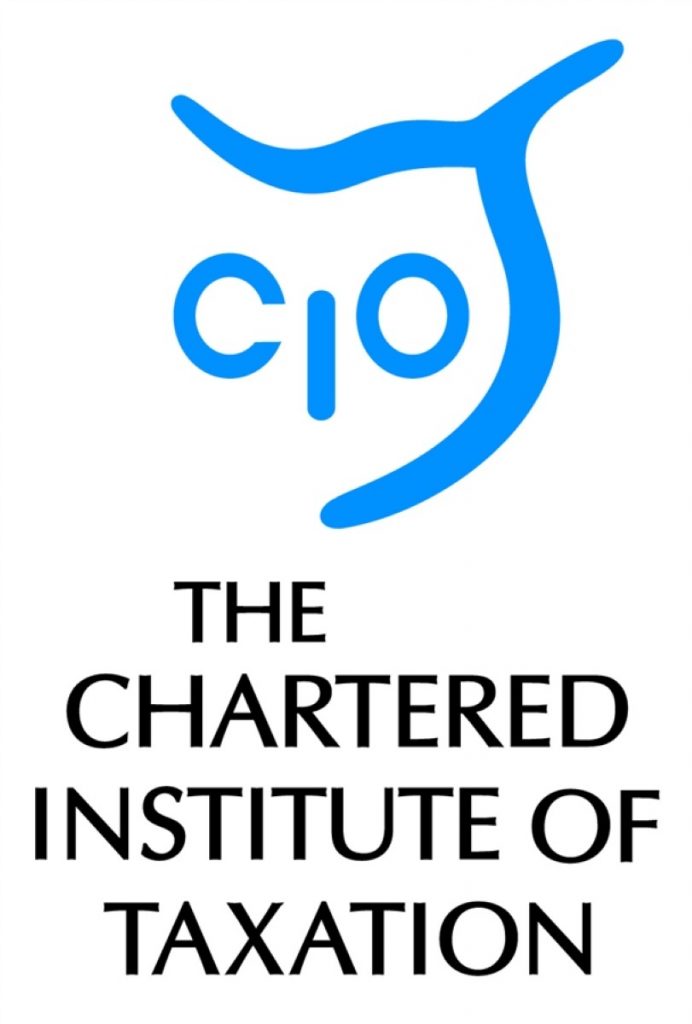HMRC right to move away from automatic penalties and focus on persistent offenders
Tax advisers have welcomed HMRC’s announcement1 today of a move to a less rigid approach to penalties for employers who provide PAYE information late. This follows HMRC’s acknowledgement two weeks ago that officials have been told to accept ‘reasonable excuses’ for late submission of income tax self assessment returns at face value, rather than expending resources into investigating each case.
HMRC announced today that, rather than issuing late filing penalties automatically to employers whenever a deadline for sending PAYE information is missed, they will take “a more proportionate approach and concentrate on the more serious defaults on a risk-assessed basis”.
This change in approach reflects representations made by the Chartered Institute of Taxation (CIOT) in its response to a consultation on HMRC penalties in May. CIOT stressed the importance of penalties being seen to be fair and proportionate by taxpayers and stated that HMRC should “be prepared to accept that the default position should be that an error is innocent unless there is evidence to the contrary”.
Colin Ben-Nathan, who chairs the CIOT’s Employment Taxes Sub-Committee, commented:
“We welcome the fact that HMRC are revisiting their approach to penalties and looking to focus much more on serious cases of abuse and persistent non-compliance.
“The requirement on employers to send PAYE information in ‘real time’ has proved difficult for some employers to comply with, especially the smallest and those whose employees have unpredictable working hours. It has imposed new and sometimes onerous obligations on employers. HMRC are right to have taken a pragmatic approach so far to the levying of penalties, initially not imposing them at all for smaller firms and now promising to concentrate on the most serious defaults.
“HMRC’s statement today that they want to focus on educating employers about their filing obligations is also welcome. Tax advisers are keen to work with HMRC to educate business about good practice and support them in improving their systems and complying.”
Anthony Thomas, Chairman of the CIOT’s Low Incomes Tax Reform Group, has also welcomed HMRC’s change of approach:
“HMRC’s announcement that they will accept reasonable excuses from taxpayers who are generally compliant without further probing is sensible, pragmatic and in line with what we have been calling for.
“Fixed automated penalties make no distinction between the deliberate non-complier and the person who makes a one-off mistake. This is neither fair nor proportionate. It is good that HMRC have recognised this.
“By not probing each and every reasonable excuse claim, HMRC are treating taxpayers as honest. This is what HMRC’s Charter says they should do2.
“On the other hand, with the advent of universal credit, the DWP do need to have access to prompt and accurate PAYE data in order to ensure that employees who claim the benefit receive the right amount at the right times. Universal credit is uniquely time-sensitive and depends on the employer providing HMRC with prompt and accurate data about payments of wages and salary. While relaxing the penalties regime, therefore, HMRC and DWP should both be proactive in educating employers as to the importance of prompt submission in the interests of their employees, and make the online systems as easy and intuitive as possible particularly for smaller employers.”
Notes
1. HMRC’s announcement today on PAYE filing penalties can be found here.
The announcement on income tax self-assessment two weeks ago can be found here.
HMRC’s penalties review consultation document can be found here.
CIOT’s response to HMRC’s penalties review can be found here.
LITRG’s response to HMRC’s penalties review can be found here.
2. Point 3 of HMRC’s ‘Your Charter’ promises to:
Treat you as honest
We know that the great majority of people want to get things right.
Unless we have a good reason not to, we will:
• presume you are telling us the truth
• accept that you will pay what you owe and only claim what you are entitled to
• explain why we need to ask you questions and why we have decided to check your records
• only question what you tell us if we have good reason to.





-01.png)